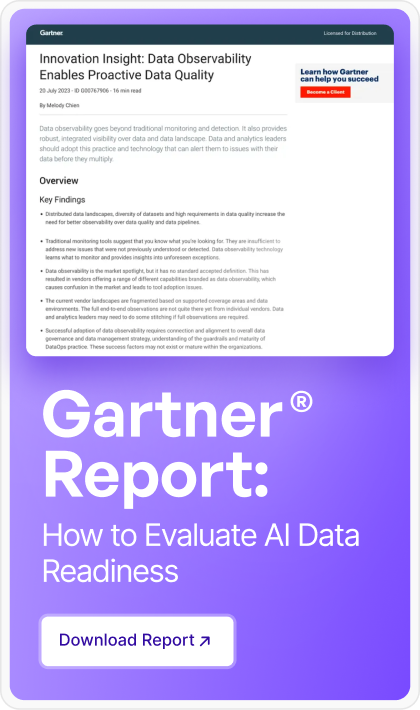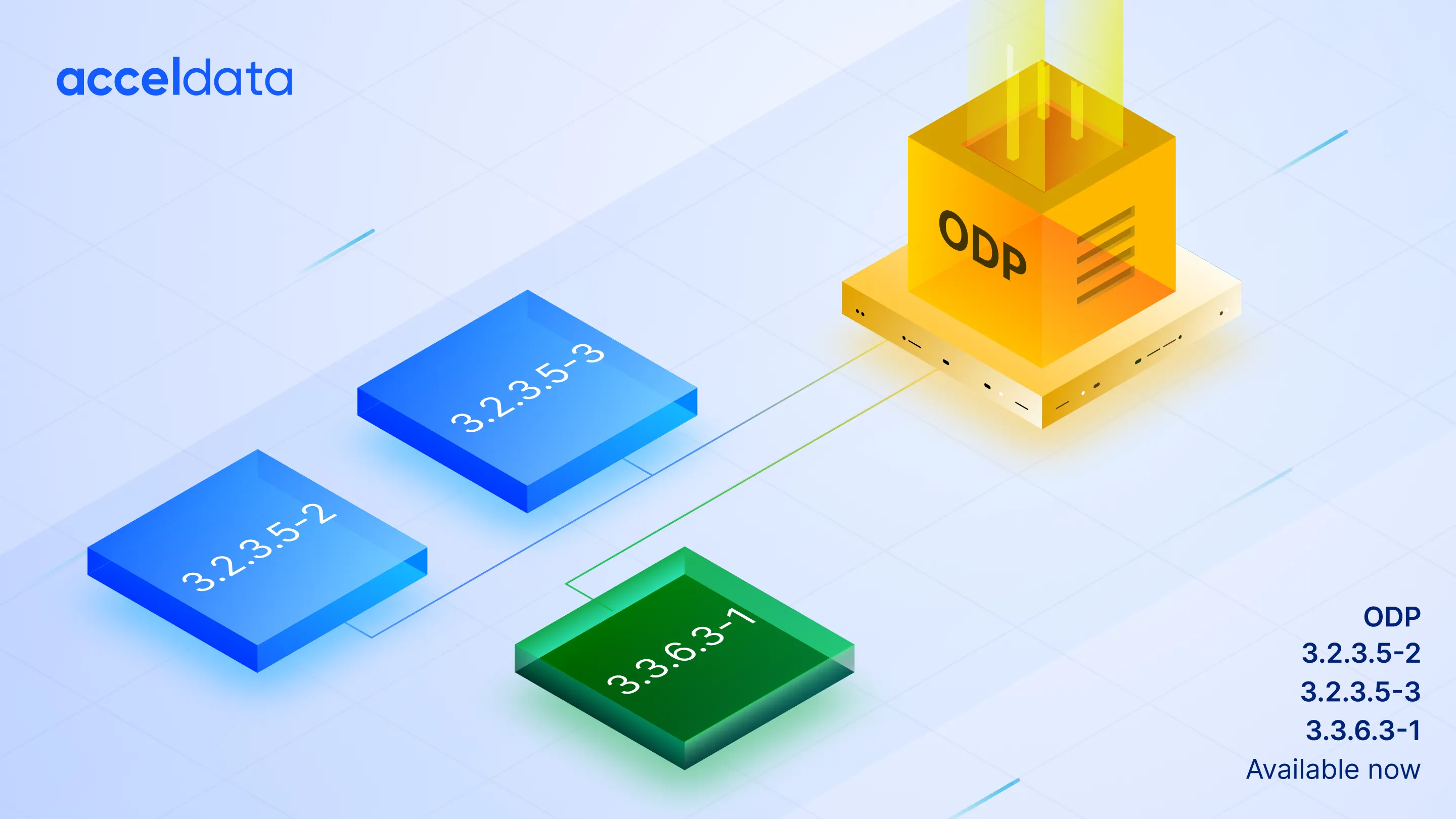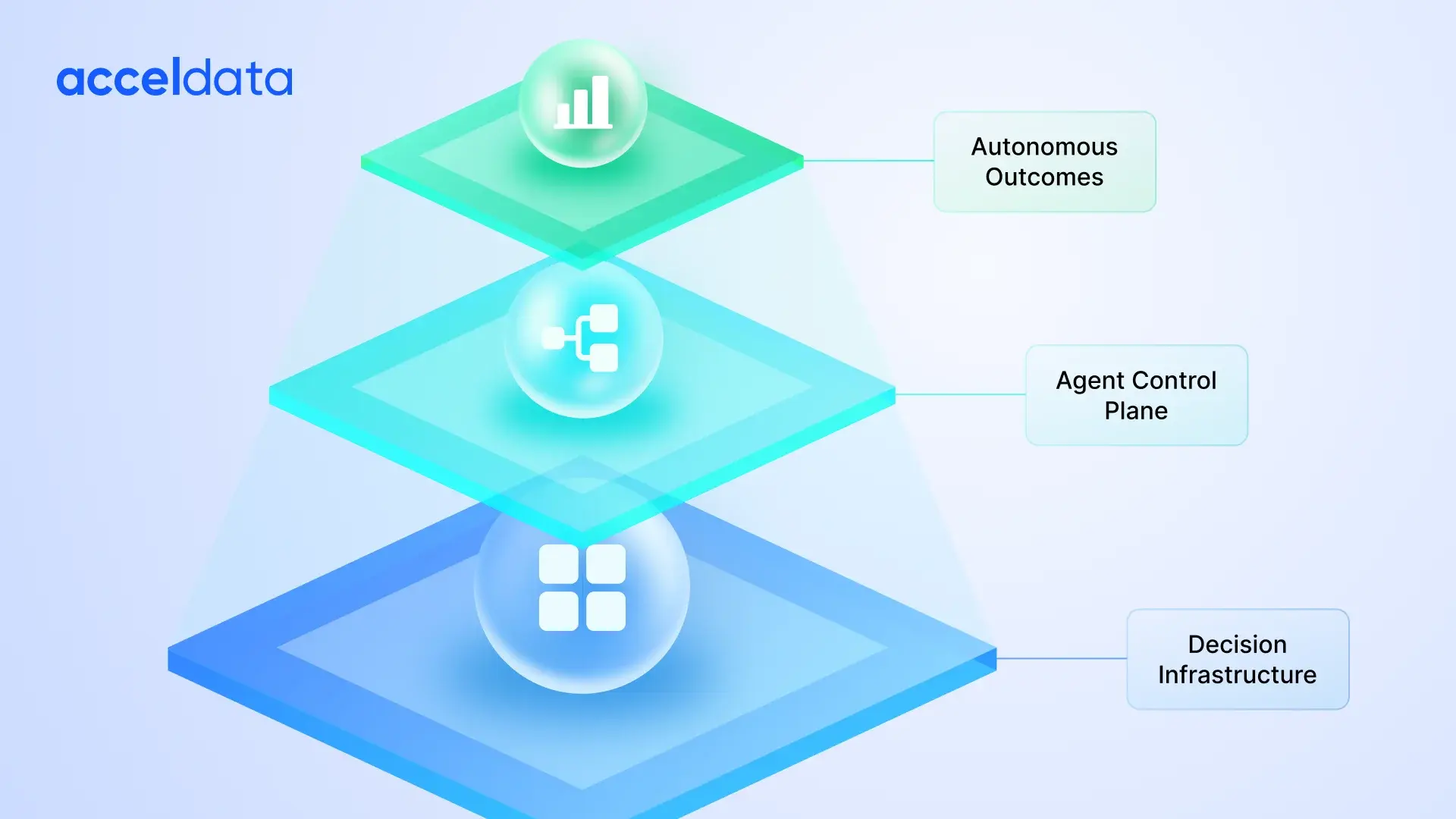Data reconciliation plays a primary role in security in decentralized finance (DeFi). The decentralized finance industry is expanding steadily after experiencing significant losses from exploits and rug pulls.
According to a study, the DeFi industry experienced a significant rise in losses from $157.2 million in 2020 to $53.5 billion in 2022. The loss in 2022 was the highest ever recorded, while the loss in 2023 was the lowest ever recorded for DeFi. This is a promising development that represents better security levels of DeFi platforms.
Another recent study revealed that the losses recorded by the DeFi industry increased to $473 million in 2024. Thus, it is fair to assume that there are still quite a few decentralized finance challenges that need to be resolved.
This article explores common data issues and challenges that DeFi needs to overcome in order to provide security of the highest order to its users.
Need for Data Reconciliation
Data reconciliation essays a key role in every financial transaction. It is used primarily to match records, detect anomalies, and provide a resolution. Speed and accuracy in data reconciliation during a transaction are key indicators that can help you distinguish a legitimate institution from a fraudulent one.
Efficient reconciliation strategies enable your platform to minimize losses by accurately predicting suspicious activities. They also ensure that the platform stays compliant with data regulations pertinent to a particular geography.
Data reconciliation approaches
Data reconciliation is performed at regular intervals, depending upon the needs and requirements of businesses. Various techniques and approaches can be adopted for data reconciliation.
Let’s look at a few approaches that are commonly used:
- Traditional: Under this method, the data is reconciled manually. This method is highly prone to errors, as it relies significantly on human intervention. It is also cumbersome due to the large volume of data involved.
- Tool-based: Repetitive reconciliation tasks are automated using a tool or software. This method significantly reduces the chances of human errors, as most of the tasks are automated. For any unmatched instance, the tool creates an exception that can be assigned to a skilled individual who can resolve the issue.
- Modern: The modern approach uses the latest trends, such as machine learning and artificial intelligence, to process complex reconciliation tasks. This approach can save considerable time on reconciliation and significantly reduce operational costs.
- Blockchain: This approach is used occasionally for DeFi data reconciliation. Under this method, the complete process is automated and decentralized. A specific key is used to ensure that the right person can access the funds. This principle, known as public key cryptography, not only makes your transaction quick and smooth, but ensures security.
Common Challenges in Data Reconciliation
Certain challenges persist in data security that must be addressed almost daily despite ongoing developments and efforts to enhance protection. Let's consider some common challenges you might face in the process of data reconciliation in DeFi.
Complexity of transactions
Navigating digital transactions while adhering to necessary regulations is complex, especially due to features such as smart contracts. Specific skill sets are needed to ensure a smooth process. Finding a resource that meets this requirement is quite challenging.
Error-prone manual reconciliation
Any task involving humans carries the risk of errors. This is especially true for data reconciliation tasks.
Data integrity and consistency issues
Data is extracted from varied sources in decentralized finance. Hence, maintaining data integrity in DeFi is a prominent challenge.
Real-time data
DeFi transactions receive real-time data and are responsible for instantly processing reconciliation. Timeliness is vital; any delay can adversely impact decision-making.
Regulatory compliance with GDPR
It is mandatory to comply with regulations regarding personal data of citizens that are enacted by the authorities of a particular region.
Scalability issues
Scalability is a key factor in assessing the efficiency of a system. The DeFi platform must be highly scalable, as it operates globally, allowing anyone to connect and conduct transactions from anywhere at any time.
Addressing the Data Reconciliation Challenges
The challenges associated with data reconciliation can be a little daunting for businesses. However, there are ways to mitigate them. Listed below are some practices that you can follow to overcome these challenges:
Handling complexity
Complexity issues can be resolved by hiring an agency that specializes in handling intricate concepts. This solution alleviates the burden of managing any complexities presented by the platform.
Providing end-to-end pipeline transparency
End-to-end pipeline transparency enhances the visibility of your transaction. This simplifies data reconciliation for a transaction.
Detecting data anomalies quickly
This is one of the best practices that you can incorporate to overcome DeFi data management and reconciliation challenges. Incoming data may carry a lot of anomalies. If you address them at an early stage, the rest of your processes are likely to run more smoothly.
Real-time transparency
The platform should be able to analyze its data sources in real-time on a regular basis. This will help you effectively manage all real-time requests.
Regulatory compliance
Every region has its own set of laws and regulations to monitor the usage of data. You must maintain data security and quality to ensure regulatory compliance.
Built for scalability
Lastly, you need to ensure that the platform can withstand increasing traffic. Building a scalable system will add to its efficiency.
Companies leading the way in DeFi
Several companies have successfully harnessed the transformative power of DeFi to capitalize on its numerous benefits. Let's look at two such companies that have adopted the DeFi technology:
- PayPal, a leading company in digital payments, has enabled its users to buy, sell, and hold bitcoin
- Microsoft accepts bitcoins for the purchase of its services and products
Managing Your Data Reconciliation Needs with Acceldata
Implementing a robust DeFi platform can be a complex task for businesses, often leading to an overwhelming workload. Companies may choose to develop an in-house team of specialists to manage these challenges, or they can engage a third-party vendor to streamline the process and meet their needs more efficiently. For enterprises seeking to implement data reconciliation effectively and address challenges in decentralized finance, Acceldata is the ideal third-party tech partner.
Acceldata ensures data reconciliation by continuously monitoring and validating data in motion as it flows across different systems and stages in an organization's data pipeline. The moment the system detects a mismatch between datasets-as could happen on source and destination records, missing data, or formatting issues-real-time alerts inform teams, giving them the chance to identify and correct the problem before business-critical processes are adversely impacted. It automates reconciliation processes so that the data is accurate, consistent, and aligned with the requirements of the business; therefore, any organization is able to rely on its data in making confident decisions.
Consider reaching out to Acceldata to avail exceptional services related to DeFi technology.
Summary
Companies can learn from the common challenges associated with DeFi and make informed decisions about its implementation in their business. Leveraging the technology is both feasible and manageable. Established systems and strategies are available to help you utilize DeFi securely and effectively.








.png)








.webp)
.webp)


